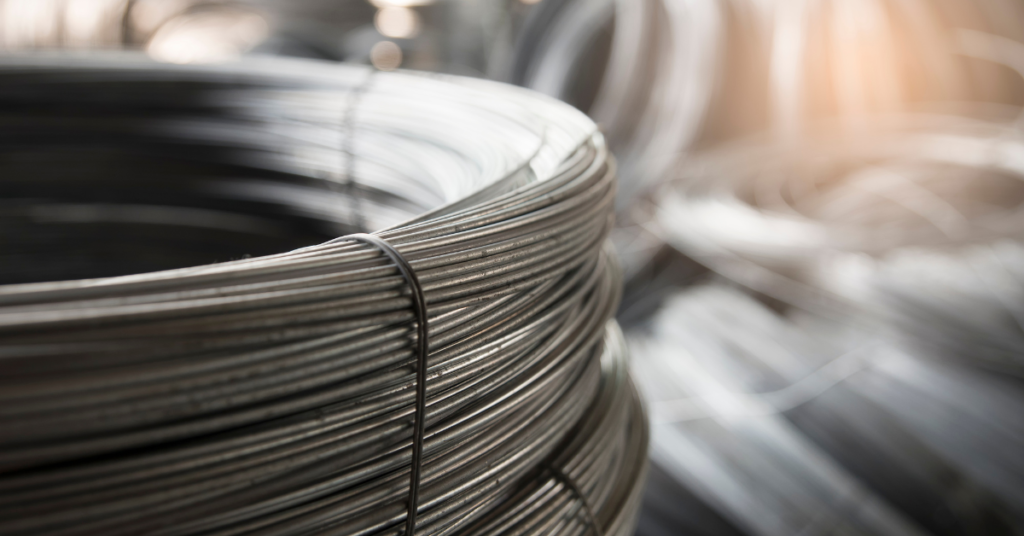Welding wire is an essential consumable in the welding process. It acts as filler material that melts and joins metal parts together. However, not all welding wire is the same. Different types serve different purposes. In this guide, we will explore the main types of welding wire, their features, and the best uses for each.
Solid Carbon Steel Welding Wire
Solid carbon steel welding wire is the most popular choice for general welding jobs. It mainly contains carbon and a few other elements. This wire is versatile, cost-effective, and works well for welding carbon and low-alloy steels. It offers good penetration and strong welds, making it suitable for many everyday applications.
Flux-Cored Arc Welding (FCAW) Wire
Flux-cored arc welding wire is hollow and filled with flux. This flux protects the weld pool from contamination during welding. FCAW wire comes in two types: gas-shielded and self-shielded. Gas-shielded wire needs an external gas like carbon dioxide or argon, while self-shielded wire creates its own shielding gas. FCAW wire has high deposition rates and deep penetration. It is ideal for welding thick materials and heavy-duty projects.
Stainless Steel Welding Wire
Stainless steel welding wire is made to weld stainless steel materials. It contains chromium and other alloys that resist corrosion and oxidation. This wire comes in various grades, such as 308, 309, 316, and 347. Each grade suits different stainless steel welding needs. Stainless steel wire is used widely in food processing, chemical plants, and marine industries.
Aluminum Welding Wire
Aluminum wire is used specifically for welding aluminum and its alloys. Since aluminum conducts heat rapidly, specialized welding wire is necessary. Common aluminum alloys include 4043 and 5356. Alloy 4043 works well for welding cast aluminum parts, while 5356 is preferred for structural and marine applications.
Nickel Alloy Welding Wire
Nickel alloy welding wire is designed for nickel-based alloys like Inconel and Monel. These alloys resist extreme heat and corrosion. Nickel alloy wire is common in aerospace, petrochemical, and power industries. It provides strong welds that withstand high temperatures and stress.
Copper Alloy Welding Wire
Copper alloy welding wire welds copper and copper-nickel alloys. These alloys offer excellent electrical conductivity and corrosion resistance. This wire is typical in electrical work, plumbing, and shipbuilding, especially due to copper-nickel’s seawater corrosion resistance.
Ambica Steels is a trusted name in manufacturing high-quality welding wire that meets global standards. Their stainless steel welding wires are produced with advanced technology and strict quality control. Ambica offers a wide range of grades such as ER308, ER309, ER316, and more, available in both MIG and TIG wires. These wires deliver excellent strength, corrosion resistance, and precise performance for various industrial and medical applications. With options in different sizes and finishes, Ambica Steels ensures tailored solutions to match your exact welding needs.
If you are looking to buy the best quality stainless steel welding wire, contact Ambica Steels now for reliable and customized products that enhance your welding performance.

